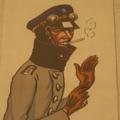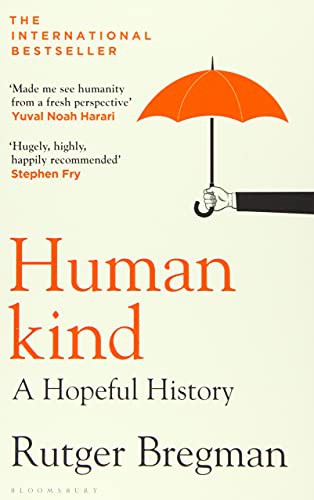Murf quoted Humankind by Rudger Bregman
Just as most of us would instantly go vegetarian if forced to butcher a cow, most soldiers become conscientious objectors when the enemy gets too close.
Aside from long-range weapons, armies also pursue means to increase psychological distance to the enemy. If you can dehumanise the other – say, by portraying them as vermin – it makes it easier to treat the other as if they are indeed inhuman. [..] You can also drug your soldiers to dull their natural empathy and antipathy towards violence. From Troy to Waterloo, from Korea to Vietnam, few armies have fought without the aid of intoxicants, and scholars now even think Paris might not have fallen in 1940 had the German army not been stoked on thirty-five million methamphetamine pills (aka crystal meth, a drug that can cause extreme aggression). [..] And so we’re finding ways to root out our innate and deep-seated aversion to violence. In modern armies, comradeship has become less important. Instead we have, to quote one American veteran, ‘manufactured contempt’ [..] The American military also managed to boost its ‘firing ratio’, increasing the number of soldiers who shoot to 55 per cent in the Korean War and 95 per cent in Vietnam. But this came at a price. If you brainwash millions of young soldiers in training, it should come as no surprise when they return with post-traumatic stress disorder (PTSD), as so many did after Vietnam. Innumerable soldiers had not only killed other people – something inside them had died, too.
[..]
Terrorism experts and historians consistently point out that people in positions of power have distinct psychological profiles. War criminals like Adolf Hitler and Joseph Goebbels are classic examples of power-hungry, paranoid narcissists.
— Humankind by Rudger Bregman (Page 219 - 222)

